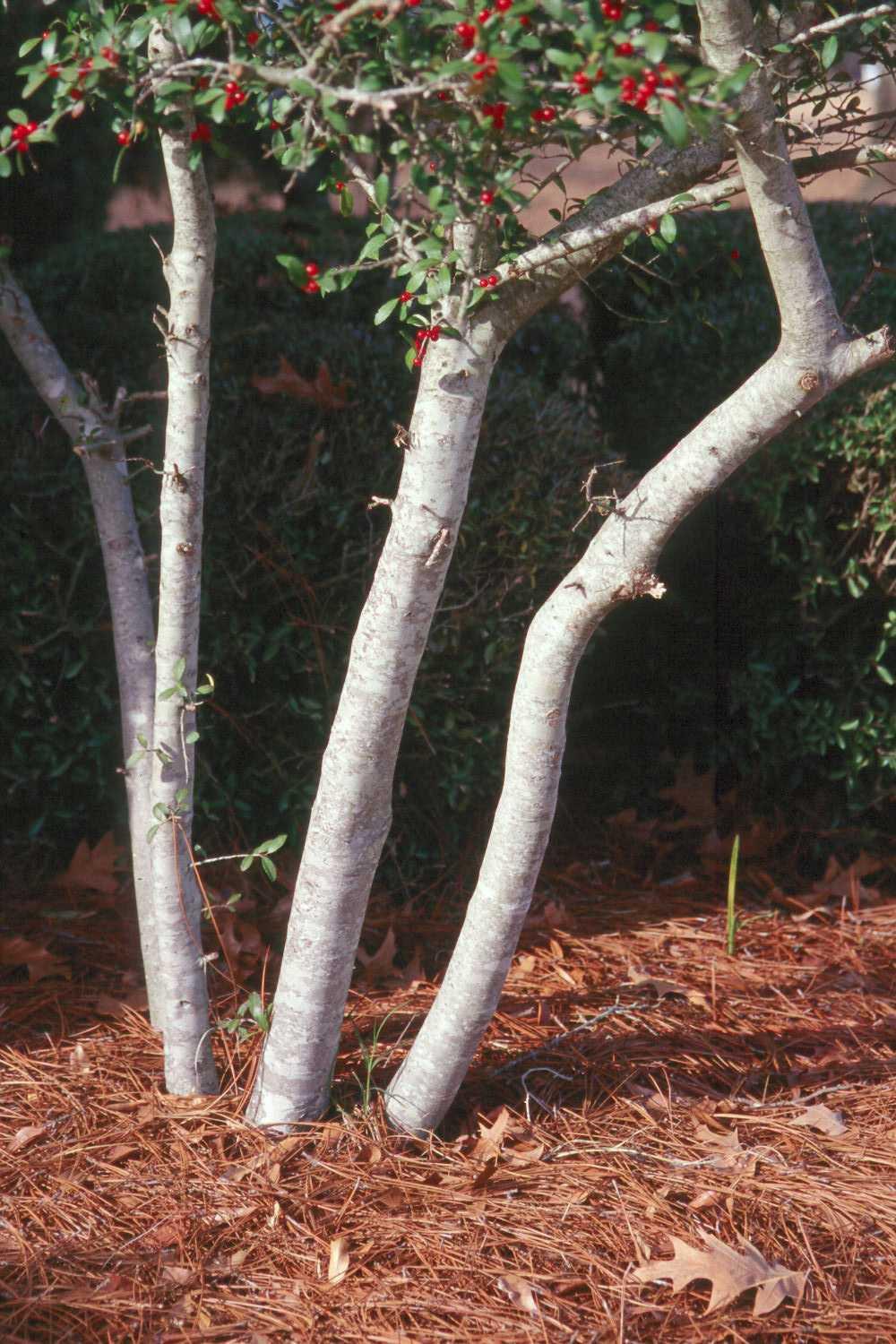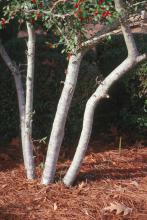Information Possibly Outdated
The information presented on this page was originally released on January 5, 2006. It may not be outdated, but please search our site for more current information. If you plan to quote or reference this information in a publication, please check with the Extension specialist or author before proceeding.
Garden resolutions can improve results
By Norman Winter
MSU Horticulturist
Central Mississippi Research & Extension Center
As I was buttoning my favorite pair of pants this morning, it became evident the high Southeastern humidity in my closet had caused them to shrink. Unfortunately, it looks like the same New Year's resolution will be at the top of my list again.
Speaking of resolutions, there are several New Year's gardening resolutions we all need to make to have a better and more environmentally friendly garden this year.
Never yield to the temptation to hire someone to work in your landscape just because they are cheap. Hiring someone to do landscaping or landscape maintenance without knowing they have a license can be a mistake. They should have no problem if you ask to see their credentials.
Butchered trees, 7-gallon shrubs planted with half the root ball exposed and others planted in what best could be described as wetlands are just a few of the rewards you get by hiring people who do not know what they are doing.
This year, resolve to take better care of your lawnmowers and equipment. Tools represent quite an investment, and leaving them out in the elements or skipping maintenance means less money to spend on plants.
Now for my biggest pet peeve, please repeat after me, “I promise to water my new plants deeply to develop good, deep roots. I will not give my plants or my lawn a frequent light dose with the spray hose.”
Water early in the day and use sprinklers that put out large droplets instead of a fine mist. Better yet, use soaker hoses or drip irrigation.
To help reduce disease possibilities, carefully choose a garden site with good air circulation, full sun and good water drainage. Plant varieties recommended for your area by the state Extension Service or nursery association. Avoid known troublemakers.
Resolve to correctly diagnose problems with pest control. Use cultural controls first, then pesticides as needed. Follow the label for all pesticides, and dispose of containers and unused portions properly. Wear long sleeve shirts, pants, gloves and protective eyewear as recommended when applying pesticides.
Rotate crops each year to prevent pathogen build-up. Use soil solarization, as the intense heat will help control soil-borne diseases. While home remedies sound interesting, use only research-proven techniques.
Prepare soil properly beginning with a soil test every two to three years. Use slow-release fertilizers. Plants make no distinction between organic and inorganic fertilizers, so base fertilizer decisions on cost per pound of actual nutrients, rates of release, ease of application, salinity and safety to the plants. Use composting, and add lots of organic matters. Plant on raised beds for increased drainage.
Use transplants when possible, as they generally hold up better than seedlings. Plant spring and fall gardens. Remember, speckled garden produce is beautiful and safe. Tolerate minor surface imperfections in fruits and vegetables.
For landscaping, use trees and shrubs that, once established, are known to be tough, drought-tolerant, adapted plants. Select and space plants as shade and windbreaks to reduce energy costs.
Resolve to wear a hat and sunscreen when working out in the garden to prolong your years of this pleasure. Wear protective eyewear when using the string trimmer, hedge clippers, chain saw or other power tools. Being able to see those beautiful flowers is part of the enjoyment of gardening.
Happy New Year, gardeners! I am thankful we have the best hobby in the world.








